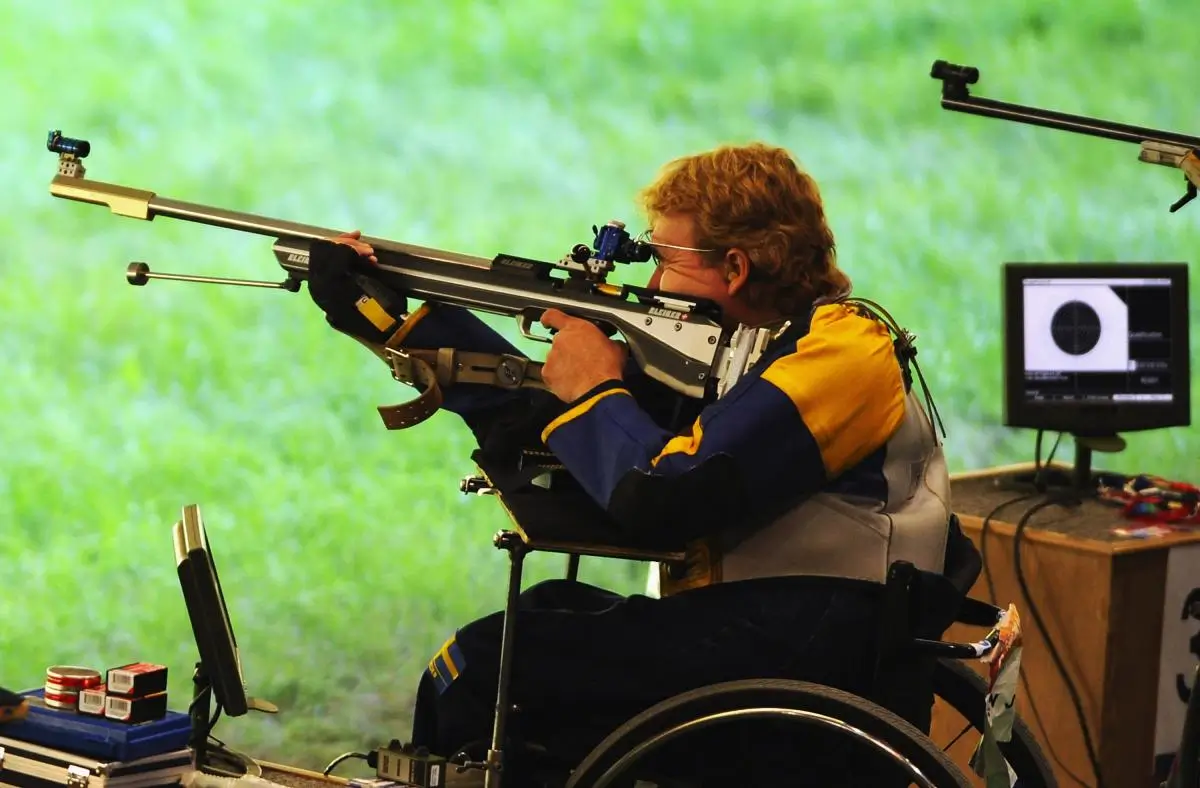The London 2012 Olympics changed how we watch sports forever. People could now stream live events on phones and computers. It wasn’t just about TV anymore. Billions of viewers joined from all over the world. This event pushed sports into a new digital world. London 2012 became the first truly global Olympics in media history. From YouTube to mobile apps, it set new records. In this article, we will explore how London 2012 became the biggest broadcast revolution in Olympic history.
The Media Landscape Before London 2012

Before 2012, watching the Olympics was simple. You turned on your TV and watched. But if you missed it, you missed it. There were no apps. There was no streaming. Most coverage was limited to big countries with broadcast rights. Small countries had very little access. The Olympics felt far away for many people. Viewers had fewer choices and less control. The world needed a media upgrade. London 2012 delivered it in terms of performances.
What Made London 2012 a Global Broadcast Breakthrough?
For the first time, over 5,500 hours of Olympic content went online. NBC made deals to stream live events. YouTube streamed in many countries for free. Viewers could watch on mobile, tablets, and computers. The “second screen” became popular. People used social media while watching events. London 2012 created a new way to enjoy sports—anywhere, anytime. This was the beginning of a major media change.
The Role of Digital Platforms and Live Streaming
London 2012 was the first Olympics with full digital coverage. Apps gave real-time results and replays. Mobile phones became mini-TVs. Millions used live streams for the first time. Olympic events were no longer tied to time zones. The content was on-demand. This gave more power to the viewer. The digital shift had started, and there was no going back.
Global Reach: Record-Breaking Olympic Viewership
London 2012 reached over 3.6 billion viewers worldwide. This was the biggest Olympic audience ever at the time. Asia, the USA, and Europe saw massive numbers. Social media played a big role. People shared highlights, results, and reactions in real-time. It made the games feel personal. Everyone could be part of the event and have increased medal tally. It was no longer just about watching. It was about connecting.
Social Media’s Role in the London 2012 Olympics
Hashtags like #London2012 trended all day. Twitter became a hub for live updates. Athletes posted directly from events. Facebook pages saw millions of likes and shares. YouTube clips of events went viral within hours. Fans made their own Olympic content. The games became a two-way conversation. Viewers were not just watching—they were also creating and reacting.
Behind the Scenes: Olympic Broadcast Rights and Strategy
NBC paid over $1 billion for the rights to show the Olympics. Other networks also joined in. Local broadcasters shared content in many languages. The Olympic Broadcasting Services (OBS) ran the main feeds. OBS used the latest technology to make high-quality video. Their feeds were then sent worldwide. This teamwork made sure everyone got access. The strategy was clear—make the games global and digital like Dublin Escouts.
Technology Used in London 2012 Broadcasts
The games were shown in HD and even 3D. Over 40 mobile cameras gave new angles. Drones and cable cameras added cool shots. Real-time subtitles helped global viewers. Apps offered scores and schedules in many languages. It was not just about showing the games. It was about giving the best viewing experience to every person in the world.
What London 2012 Taught the Media World?

London 2012 proved that people want more control. They want to choose when and how to watch. They love mobile and live content. Traditional TV alone is not enough. This event taught media companies to think digital-first. It showed the value of real-time content. Most of all, it proved that sports bring the world together in new ways
How London 2012 Influenced Future Olympics?
After 2012, the Olympics became more digital. Rio 2016 added more streaming. Tokyo 2020 offered 4K content and mobile apps. The planning shifted forever. Broadcasters now prepare for mobile-first viewers. London started this change. It was the turning point in Olympic media history. Now, every Olympic host uses digital as a core strategy.
Conclusion: Why London 2012 Was a Media Game Changer
London 2012 wasn’t just about gold medals. It was about digital gold and opened the gates for streaming, apps, and global access. It set a new path for sports broadcasting. The games became more personal, more connected, and more powerful. That’s why London 2012 is called the broadcast breakthrough. It changed everything.

